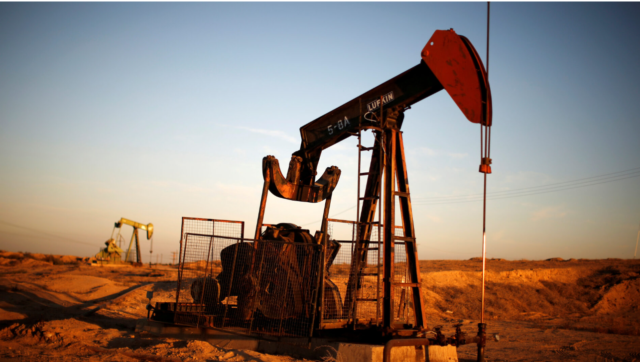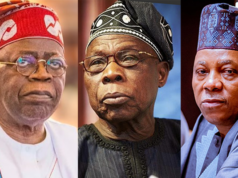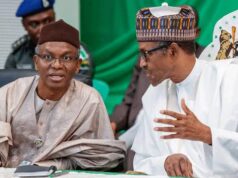The management of Dangote Industries Limited (DIL) has insisted that international oil companies (IOCs) are frustrating its request to purchase crude feedstock for the Dangote refinery.
In a statement on Wednesday, Devakumar Edwin, vice-president of oil and gas at Dangote Industries Limited (DIL), said the implementation of the domestic crude supply obligation (DCSO) guidelines would allow the refinery to deal directly with companies producing crude oil in Nigeria.
On June 4, Aliko Dangote, Africa’s richest person, said some international oil IOCs were struggling to supply crude to his refinery.
He said when cargoes are offered to the refinery by the trading arms, it is sometimes at a $2 to $4 per barrel premium above the official price set by the Nigerian Upstream Petroleum Regulatory Commission (NUPRC).
“As an example, we paid $96.23 per barrel for a cargo of Bonga crude grade in April (excluding transport). The price consisted of $90.15 dated brent price + $5.08 NNPC premium (NSP) + $1 trader premium,” he said.
“In the same month, we were able to buy WTI at a dated brent price of $90.15 + $0.93 trader premium including transport. When NNPC subsequently lowered its premium based on market feedback that it was too high, some traders then started asking us for a premium of up to $4m over and above the NSP for a cargo of Bonny Light.
“Data on platforms like Platts and Argus shows that the price offered to us is way higher than the market prices tracked by these platforms. We recently had to escalate this to NUPRC.”
‘APART FROM NNPC, ONLY SAPETRO HAS SOLD CRUDE TO US’
Speaking on Arise TV on July 15, Gbenga Komolafe, chief executive officer of the NUPRC, had said “it is erroneous” to say that IOCs are refusing to make crude oil available to domestic refiners, as the Petroleum Industry Act (PIA) has provisions that guide willing buyer-willing seller relationship.
Referencing the interview, Edwin said the NUPRC boss was probably misquoted by some people “hence his statement that IOCs did not refuse to sell to us”.
“Aside from Nigerian National Petroleum Corporation Limited (NNPCL), to date we have only purchased crude directly from only one other local producer (Sapetro). All other producers refer us to their international trading arms,” he said.
“These international trading arms are non-value adding middlemen who sit abroad and earn margin from crude being produced and consumed in Nigeria. They are not bound by Nigerian laws and do not pay tax in Nigeria on the unjustifiable margin they earn.
“The trading arm of one of the IOCs refused to sell to us directly and asked us to find a middleman who will buy from them and then sell to us at a margin. We dialogued with them for 9 months and in the end, we had to escalate to NUPRC who helped resolve the situation.
“When we entered the market to purchase our crude requirement for August, the international trading arms told us that they had entered their Nigerian cargoes into a Pertamina (the Indonesia National Oil Company) tender, and we had to wait for the tender to conclude to see what is still available.”
Edwin said the incident was not the first time.
He said in several cases, particular crude grades the refinery intends to buy are sold to Indian or other Asian refiners “even before the cargoes are formally allocated in the curtailment meeting chaired by NUPRC”.
“However, we would like to urge NUPRC to take a second look at the issue of pricing. NUPRC has severally asserted that transactions should be on willing seller /willing buyer basis,” Edwin said.
“The challenge however is that market liquidity (many sellers/ many buyers in the market at the same time) is a precondition for this. Where a refinery needs a particular crude grade loading at a particular time then there is typically only one participant on either side of the market.
“It is to avoid the problem of price gouging in an illiquid market that the domestic gas supply obligation specifies volume obligation per producer and a formula for transparently determining pricing.”
He said the fact that there are gaps in the domestic crude supply obligation as defined in the PIA ” is no reason for wisdom not to prevail”.







